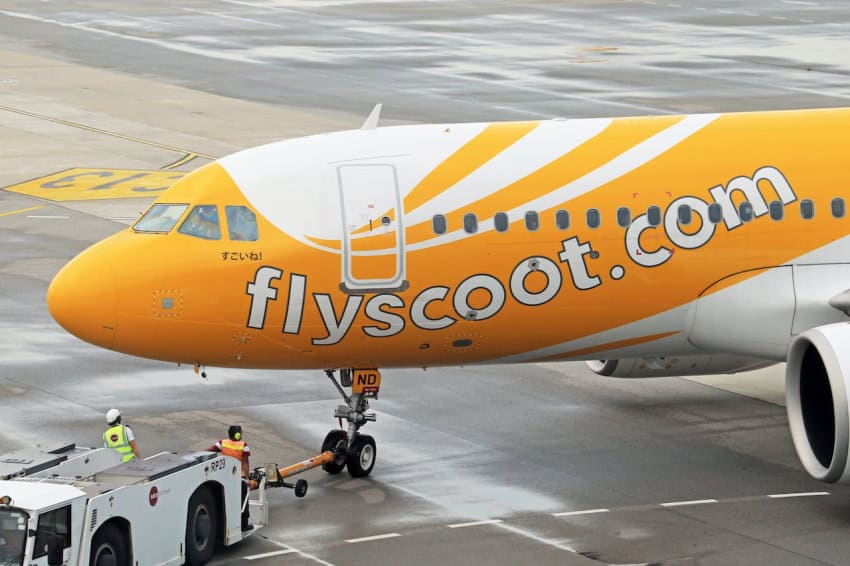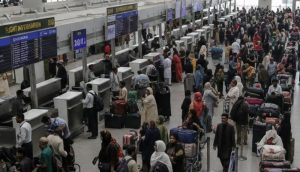CANBERRA – Australia is expected to expand its 10-year frequent traveler visa scheme to tourists hailing from eligible ASEAN countries and Timor Leste.
The move is aimed at strengthening tourism and trade relationships with the countries and Prime Minister Anthony Albanese is set to unveil these policy enhancements during a special Australia-ASEAN summit in Melbourne.
This initiative not only demonstrates Australia’s commitment to fostering enduring ties with its northern neighbors but also addresses concerns over the competitive disadvantage posed by the rise of Chinese tourism in Southeast Asia, fueled by the region’s visa-free policies.
Key among the announced changes is the extension of the 10-year frequent traveler visa scheme, designed to facilitate greater mobility for tourists from ASEAN nations and Timor Leste, encouraging more frequent and extended visits.
Additionally, the adjustment of business visa validity from three to five years aims to streamline and promote business exchanges and investments, reflecting Australia’s proactive stance in capitalizing on economic opportunities amid regional uncertainties. These policy revisions aim to position Australia as a more appealing destination for tourists and business travelers from Southeast Asia, potentially reversing the trend of declining visitor numbers.
The visa policy reforms are part of a broader strategy by the Australian government to strengthen economic partnerships with Southeast Asia, including the introduction of the A$2 billion South-East Asia Investment Financing Facility, as detailed by Prime Minister Albanese.
The extension of the 10-year visa scheme, alongside strategic financial initiatives, signals a forward-looking approach to Australia’s engagement with Southeast Asia.
This policy overhaul is anticipated to attract more and more tourists from ASEAN countries, who will have the incentive of longer and more flexible travel options. Furthermore, extended business visa terms are expected to facilitate deeper business connections and collaborations, opening up new avenues for trade and investment that could reshape the economic landscape of the region.














